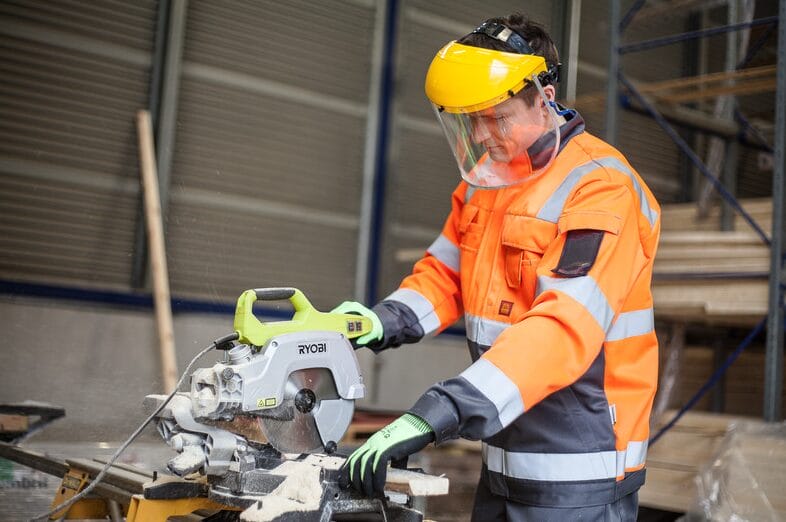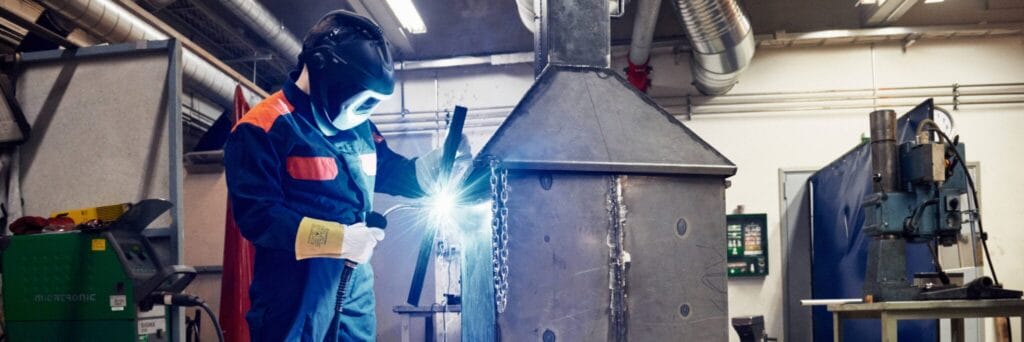
Work Clothing: When Can You Claim Tax Deductions?
In the UK, tax relief on workwear can provide significant savings for employees required to wear specific clothing for their job. This typically includes uniforms, protective clothing, or specialised gear necessary for health and safety purposes.
To qualify for tax relief, the attire must be a condition of employment and not suitable for everyday wear. Employees can claim back the cost of purchasing and maintaining this workwear, which can enhance financial efficiency, especially in industries such as automotive and chemical manufacturing. It’s essential for workers to keep receipts and maintain detailed records to support their claims when filing their self-assessment tax returns or through their payroll system.

It is possible to deduct from VAT in UK with workwear rental, businesses can generally reclaim VAT on workwear rental costs if the workwear is used solely for business purposes and meets the criteria for VAT recovery. It’s important to ensure that the rental agreement is properly documented, and that the workwear is necessary for the performance of the business. However, if the workwear has a dual purpose (personal and business use), VAT may not be fully recoverable. Always consult with a tax professional or HMRC for specific guidance tailored to your situation.
Work clothes can be considered a tax-deductible item under specific conditions. The general rule is that the clothing must be incurred “wholly, exclusively, and necessarily” in the performance of the duties of employment for employees, or “wholly and exclusively” for the purposes of trade for the self-employed.
Here are the main scenarios where work clothes can be tax-deductible:




It is important to note that if clothing can be worn outside of work, it generally does not qualify for tax relief due to the dual-purpose rule. Employers may also provide tax-free personal protective equipment (PPE) if required for the job.
In the UK, work clothes can be tax-deductible under specific conditions, offering cost-saving benefits for both employees and businesses. Lindström UK supports businesses in meeting these criteria through its professional workwear rental services, ensuring compliance and convenience. Tax relief applies to uniforms, protective clothing, and specialised gear required solely for work and unsuitable for everyday wear. With Lindström’s rental solutions, businesses not only meet health and safety requirements but can also reclaim VAT on rental costs, provided the workwear is exclusively for business use and properly documented. By partnering with Lindström UK, businesses in industries such as automotive and chemical manufacturing gain access to high-quality workwear that enhances employee safety and professional image while optimising financial efficiency.
Get in touch with Lindström today to find out how we can support your business needs.




